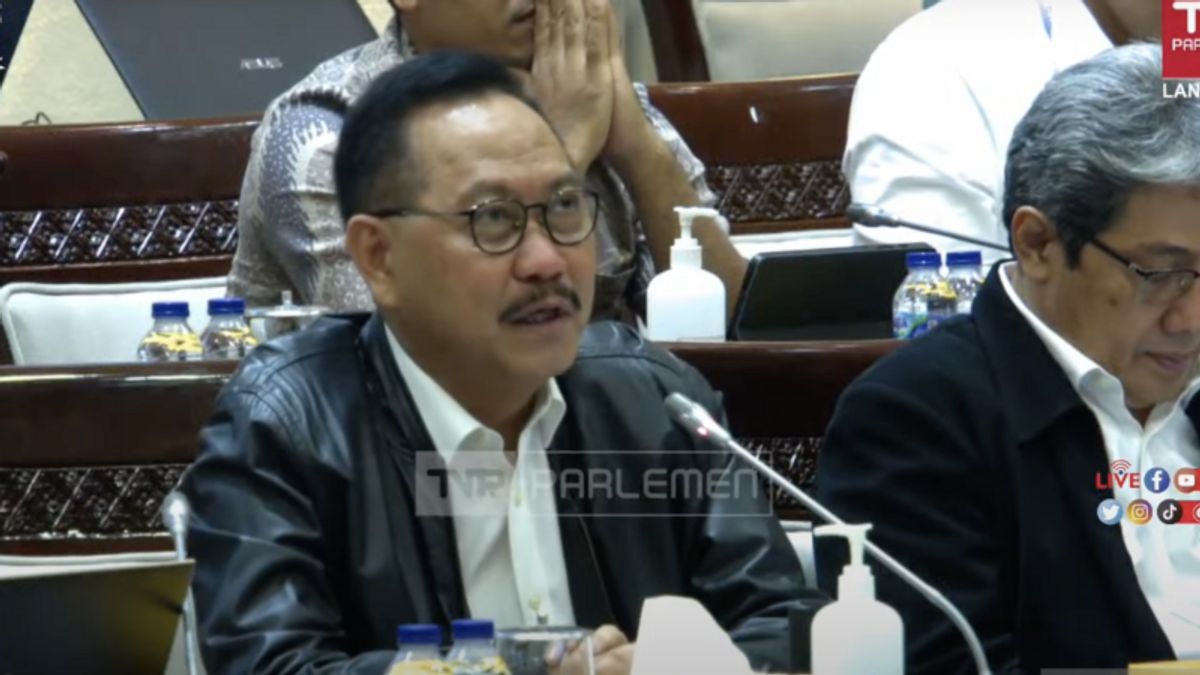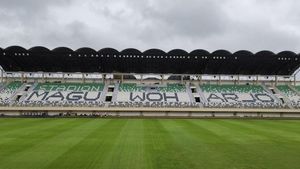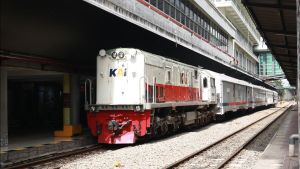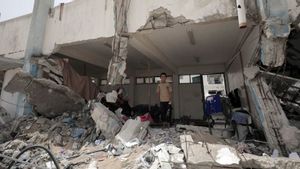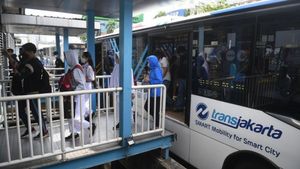The Head of the State Capital Authority (IKN) of the Archipelago, Bambang Susantono, said that as many as 90 investors had expressed their seriousness in investing in the new capital city.
"We also want to report that we received quite a lot of statements of interest or letter of interest which until yesterday, until last week the number was 142 and around 90 we categorized as a serious party," Bambang said in a Hearing Meeting with Commission XI DPR RI, Antara, Monday, February 6.
Bambang detailed that the statement of interest came from 25 investors in the infrastructure and utilities sector, 15 education sectors, 14 consulting services, then 10 housing, 9 mixed use and commercial sectors, 8 technology sectors, 5 health sectors, 4 state-owned and private offices and 2 government office sectors.
Meanwhile, the Government and Business Entity Cooperation (PPP) project for housing consisting of 184 towers with an investment value of Rp41 trillion came from Summarecon worth Rp1.67 trillion, then Nusantara ’s Consortium of Rp30.8 trillion and Korea Land and Housing of Rp8.65 trillion.
Bambang said that the financing to build IKN was still with a 20 percent scheme from the state budget and 80 percent using investment from investors. IKN Authority has also divided 9 economic generators whose construction will be carried out in stages starting from the first generator, namely the national government center.
"The central government area is number 1 and in other areas we open up investors to enter there, but of course it will be different because in the central area number 1 there will be basic infrastructure," he said.
Investment in the 2024 priority stage, he continued, is also divided into 3 zones with the main priority being the construction of the Presidential Palace area, 4 Coordinating Ministry Offices, Ministries that directly support the President, and supporting ecosystems.
Unlike the initial stage of planning, IKN authorities decided to participate in prioritizing the development of supporting ecosystems around government center areas by building public infrastructure and facilities such as international standard health facilities, integrated educational facilities, office and service areas, mixed use, commercial and commercial such as shopping centers and residential facilities.
"We want that in 2024, we can also see as a city that has an ecosystem, meaning facilities for those who move and want to carry out activities other than government administration are also available later," explained Bambang.
The English, Chinese, Japanese, Arabic, and French versions are automatically generated by the AI. So there may still be inaccuracies in translating, please always see Indonesian as our main language. (system supported by DigitalSiber.id)
